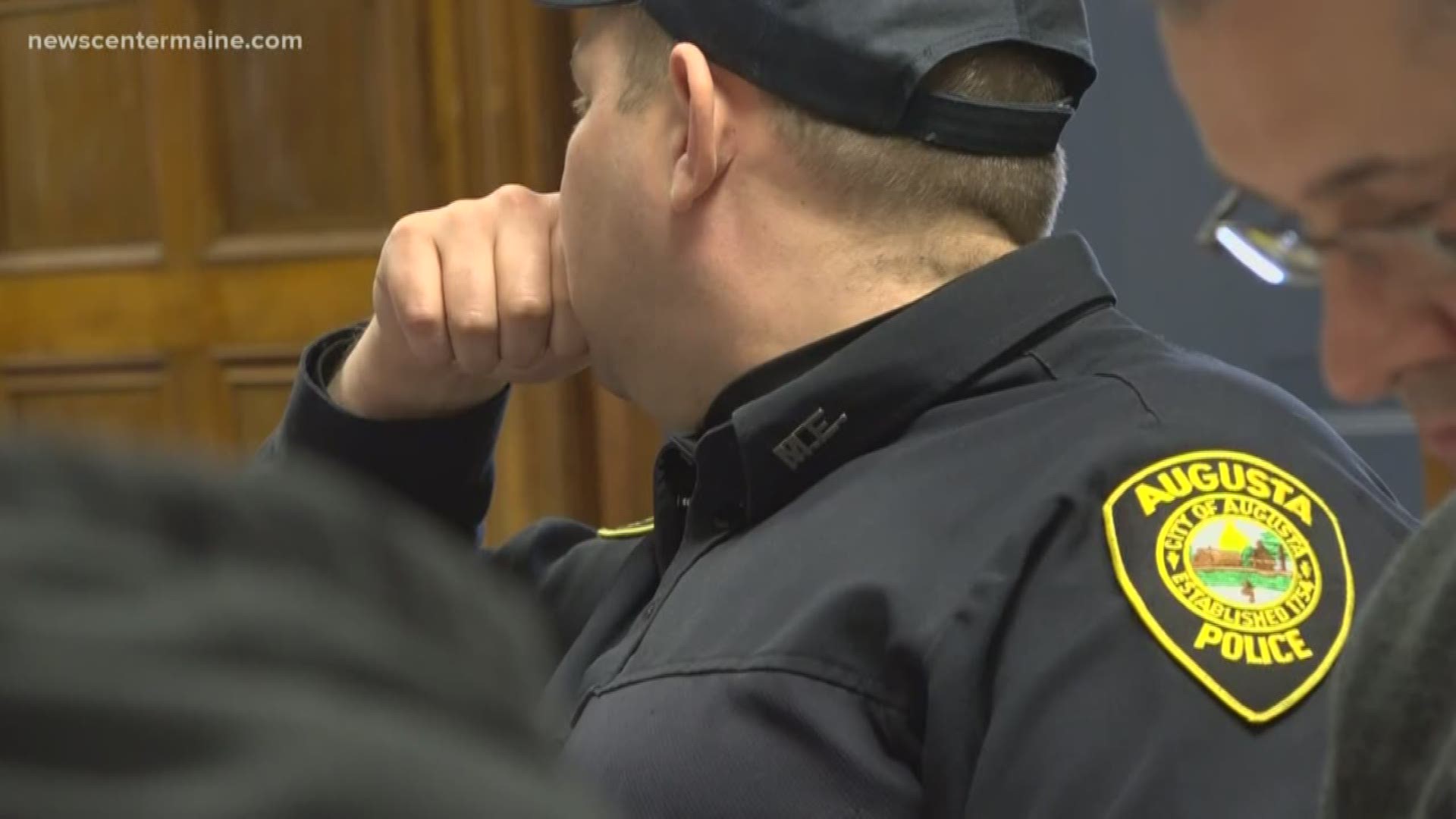Retired Maine State Police Sergeant Michael Edes can still remember the day he was faced with a decision that would change his life forever: shoot or don’t shoot?
“It’s horrible, to this day,” Sgt. Edes said. “I’ve been retired six years and the shooting was in ’04… to this day it still bothers me.”
Back in May of 2004, Edes used deadly force after a young man led him and other officers on a lengthy chase through York County before threatening himself and others with a rifle, according to records from the Attorney General’s office website.
“It’s traumatizing for everybody involved,” Edes said. “For the officer involved and even the family or the loved ones of the person we have to use deadly force against—everybody loses in this situation… everybody.”
There have been five officer-involved shootings throughout Maine in the last three months alone, four of which happened not even six weeks apart at the end of 2019. It’s a growing reality for police departments across the state, which is why officers are taking extra steps to make sure they are protected, in more ways than one.
“It could end my career, it could end in a lawsuit that takes my house and my life savings,” Attorney John Richardson said to a group of police officers Thursday morning at the Kennebec County Sheriff’s office. “That is what is in the minds oftentimes of police officers.”
Richardson and attorney John Chapman have handled dozens of deadly force cases over the years. They were part of a training session held Thursday morning by Fraternal Order of Police (FOP), the largest police union in the state of Maine and the group Sgt. Edes is now the executive director of.
A handful of police officers from Thompson to Bangor attended the session. It was aimed at providing officers with more information and tools in case they ever find themselves in a situation where deadly force is warranted.
They spoke about everything from legalities to the things we don’t hear about as much: the trauma left behind from pulling the trigger felt by officers and the impact it has on them and their loved ones.
“It really is heartwarming to come to somebody who is in tears, they are going through one of the toughest times of their life, and by the time you leave you’ve made it a lot better for them,” Chapman said. “That is really cool to be able to do.”
While departments across Maine hope to never have to use what they learned in the training, police say the reality is that it’s not a matter of if, it’s a matter of when these shootings will happen again.
FOP plans to provide the same training for officers around the state throughout the year. To learn more about it, click here.
“We want to make sure that as newer police officers come on, that they have the training and know what to do if they or one of the officers they work with gets involved with this kind of situation.” Sgt. Edes said.

